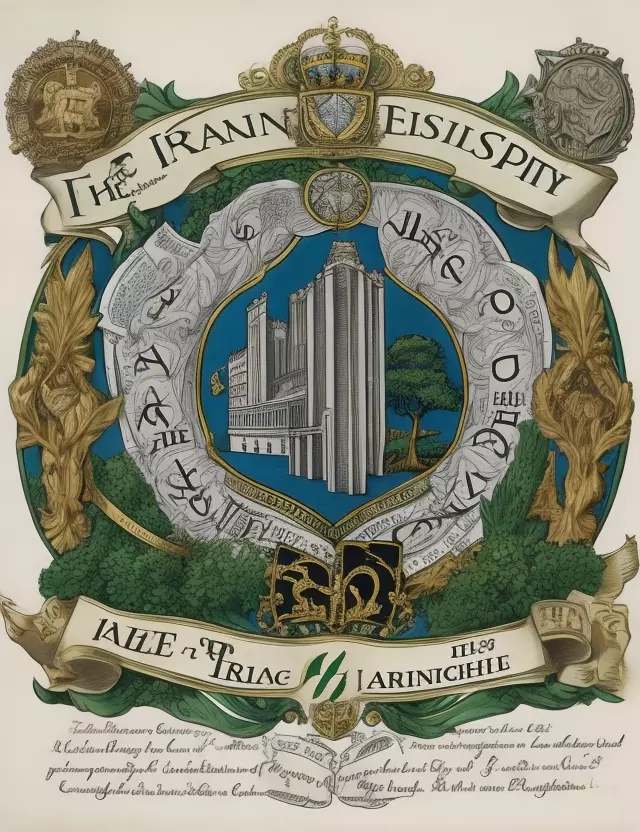Shaping a Nation: Signing of the Anglo-Irish Treaty and the Birth of the Irish Free State
Historic Agreement with Profound Implications for Anglo-Irish Relations (1921)

Introduction
On December 6, 1921, a historic agreement was reached with the signing of the Anglo-Irish Treaty, a momentous event that would lead to the establishment of the Irish Free State and bring about significant changes in Anglo-Irish relations. This marked a crucial chapter in the political history of Ireland.
Treaty Negotiations
The Anglo-Irish Treaty emerged from complex negotiations between representatives of the United Kingdom and Ireland. The discussions addressed issues related to governance, partition, and the future relationship between the two nations.
Establishment of the Irish Free State
The signing of the treaty laid the foundation for the establishment of the Irish Free State, a self-governing dominion within the British Commonwealth. The new state represented a step towards Irish independence and marked a departure from previous constitutional arrangements.
Impact on Anglo-Irish Relations
The Anglo-Irish Treaty had profound implications for Anglo-Irish relations, shaping the dynamics between the two nations and influencing subsequent diplomatic interactions. It represented both a culmination of nationalist aspirations and a source of ongoing debates and tensions.
Legacy and Historical Significance
The signing of the Anglo-Irish Treaty holds lasting historical significance, symbolizing the complexities of nation-building and the intricate relationships forged during a transformative period in Irish history. Its legacy continues to be felt in the ongoing narrative of Irish independence and the development of Anglo-Irish diplomatic ties.



